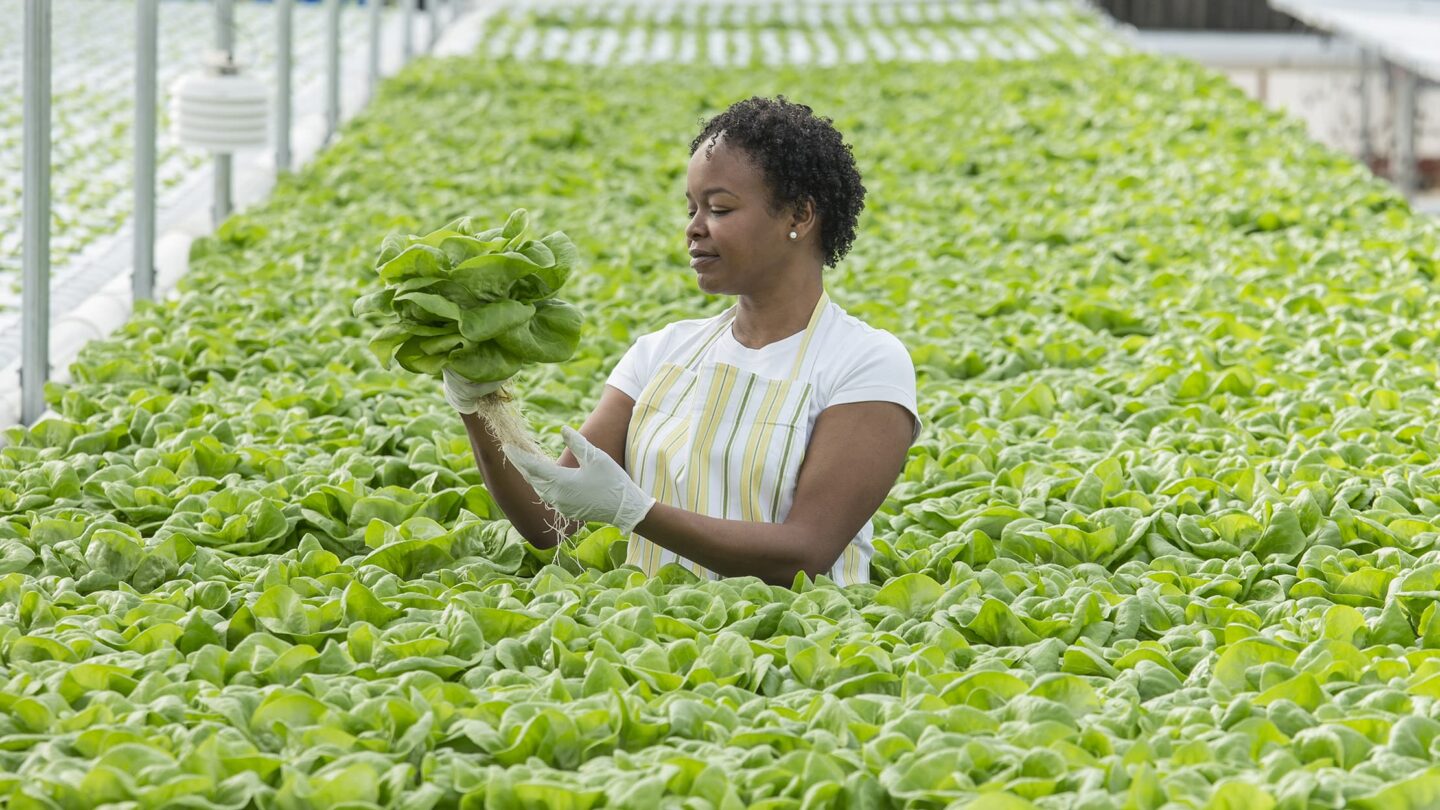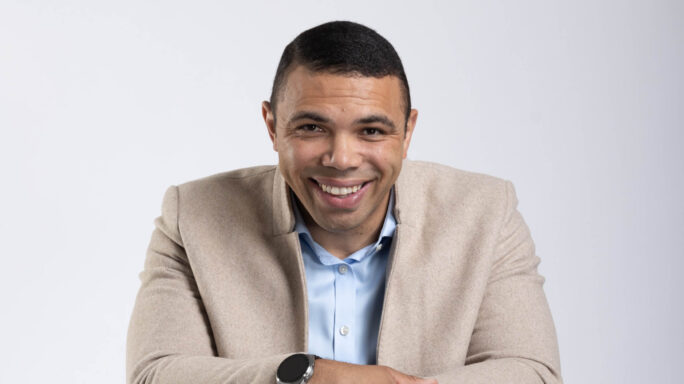Editor’s picks
From seed to start-up to success: How Evergrow has thrived
From producing 40,000 seedlings a month to 100,000 seedlings every six weeks, agricultural business Evergrow is democratising access to healthy food.

Last year, when we chatted to Andile Gcaza, a bio-scientist and founder of agricultural start-up, Evergrow, his fledgling business was just getting off the ground. An agricultural company that sells high-yield, fast turnover vegetable seedlings to small-scale and subsistence farmers in rural and peri-urban communities, Andile and his co-founder, Phetole Raseropo, had a single goal – to democratise access to healthy food.
How it started: 40,000 seedlings a month
Neither Andile nor Phetole had any real farming experience or agricultural training. They did, however, have 12 months of business coaching and mentorship under their belts as graduates of the South African Institute of Chartered Accountants’ (SAICA’s) Khulisa iBiznis Funding Accelerator Programme. The programme aims to equip them to expand their businesses and become financially savvy.
At the time, the pair were germinating around 40,000 seedlings every week. They had supplied more than one million seedlings to 100 farmers and beneficiaries in Johannesburg, Pretoria, Eastern Cape, and the North West. Fast-forward to the first quarter of 2022, and Evergrow looks quite different.
How it’s going: 100,000 seedlings every six weeks
Here, we unpack how the business has evolved in the last year and highlight key lessons others can learn from Andile and Phetole’s experiences.
#1 Partnering for business success
Networking is so important, stresses Andile. In any business, you need to use your networks and leverage the networks of the people around you to connect with the right customers and with people who can help you achieve your business goals.
For Evergrow, these networks have helped it expand its nursery and move to a new location in Soweto. “When we last spoke, we were operating out of Braamfontein in the Johannesburg CBD, mainly servicing urban rooftop farmers. But, at the time, we struggled with getting access to land to farm.”
Today, they are actively partnering with local communities to plant produce in underutilised spaces. “It’s a win-win for the community and us,” says Andile, “because these urban spaces are now filled with fresh produce that local people can buy.”
#2 Teach a man to fish
Chatting to Andile about how the business has changed in the last year, he mentions that the pandemic highlighted the value of, and need for, social enterprises that apply commercial strategies to improve financial, social, and environmental well-being.
COVID-19 showcased some of the more subtle challenges the country was facing, particularly for people living in disadvantaged communities. “We knew the work we were doing was in the food security sphere, but when the pandemic put half the population at risk of being food insecure, we realised how much impact our business could have.”
Working with the Department of Cooperative Governance and Traditional Affairs (CoGTA) and the Solidarity Fund, which was set up to unite the nation in response to the pandemic, Evergrow helped to equip regular people with the skills and funding they needed to start their own subsistence farms and backyard gardens so that they could feed themselves.
“Our business became the link between the people trying to support underserved communities and people in the underserved communities who need support.”
Highlighting the value of these initiatives, he explains that you can give people grants or hand out food parcels. Still, if you don’t have a holistic approach to making a difference, your efforts won’t be sustainable. Evergrow’s training efforts include shorter courses that take place over a few days and longer courses that run for several weeks.
#3 With great power comes great responsibility
Often, people think that business owners have the freedom and flexibility to do whatever they want and that being your own boss is great because you don’t have to report to anyone, says Andile. “But what people don’t realise is that a lot of hard work goes into starting and running a business. And there is much responsibility that comes with being the boss. Things don’t move if you’re sitting still.”
This work ethic has seen Evergrow more than double its production over the last year – from 40,000 seedlings per month to over 100,000 seedlings every six weeks. They have also expanded their customer base into other African countries, like Mozambique.
In addition to this, Evergrow has made a big digital play, embracing e-commerce to sell their seedlings to a broader range of customers. “It’s all about giving people more opportunities to access the business.”
#5 Own the problem
You can be interested in something and want to solve an issue, but you won’t find success until you own the problem, Andile asserts.
“When you own the problem, you’re better able to see what is happening around you,” he says, adding that it’s essential to “think locally” to create solutions that address real needs.
This also applies to running a business – you need to work as hard as you can and give it everything if you want to succeed.
Andile and Phetole have done various entrepreneurial development courses and are constantly researching enterprise development support programmes as they look to scale their operations further.
“I’ve realised that you have to be working on the ground before you can really understand how a business works,” he concludes. “You also have to be working on the ground to realise what it takes to run a business like this.”







Ask the author a question or share your advice